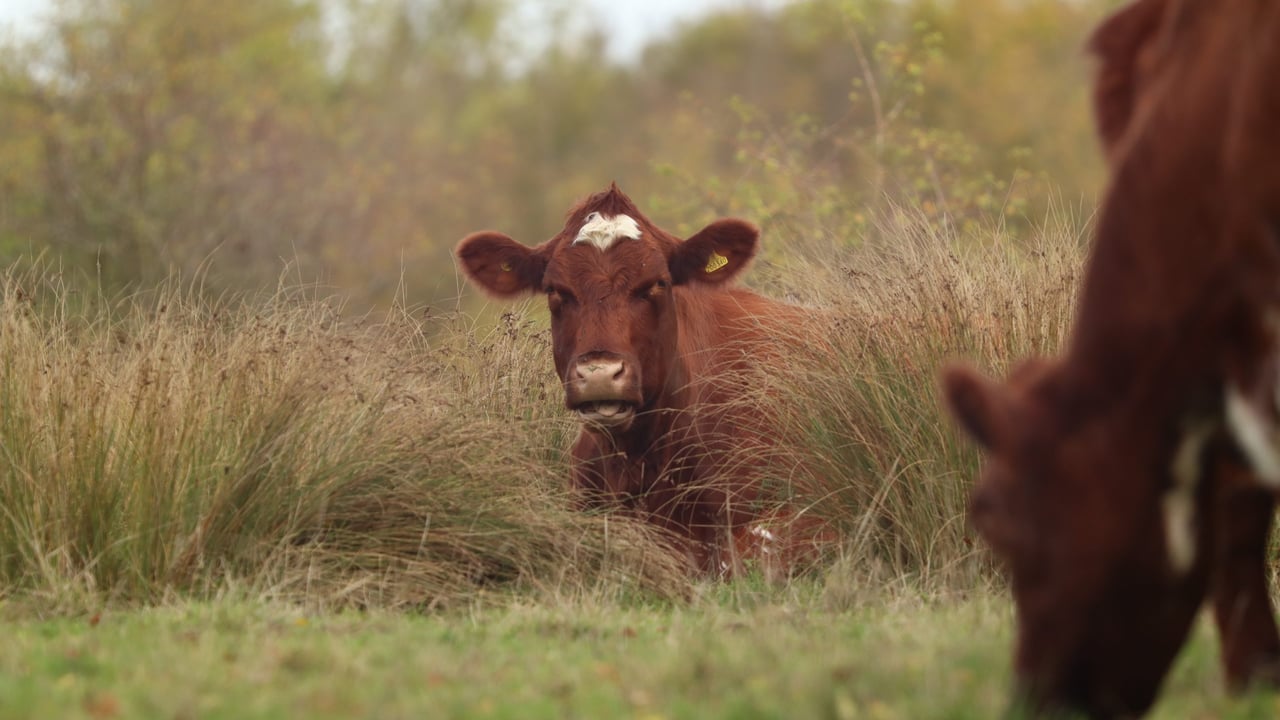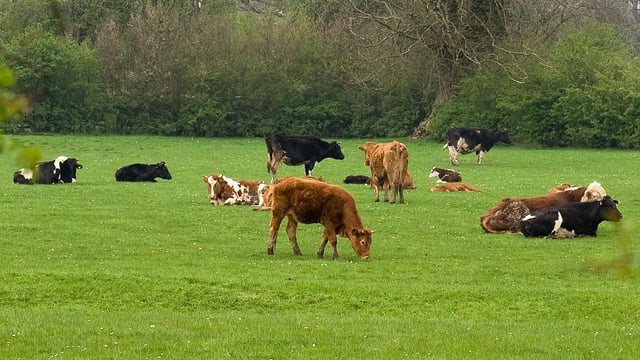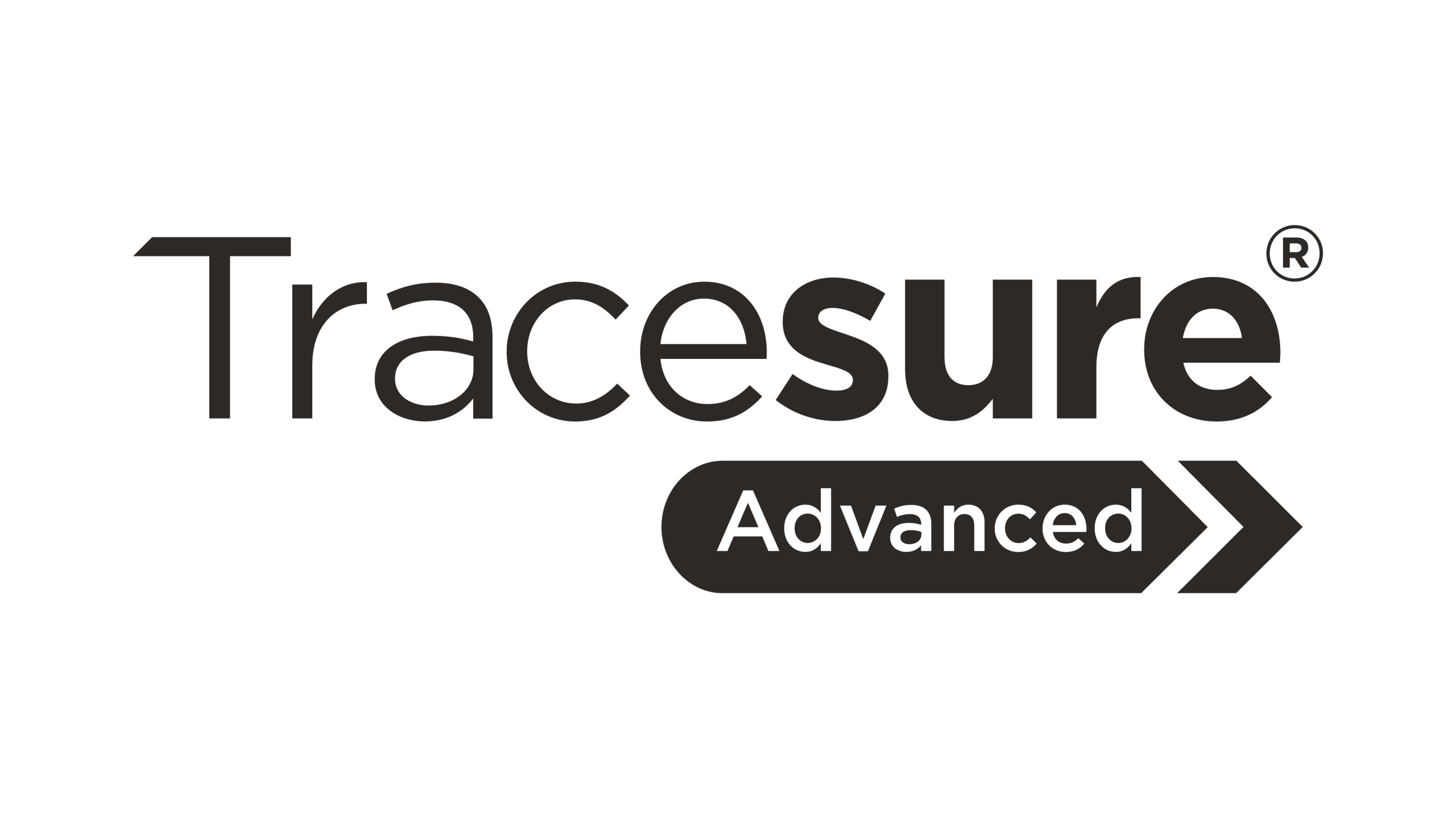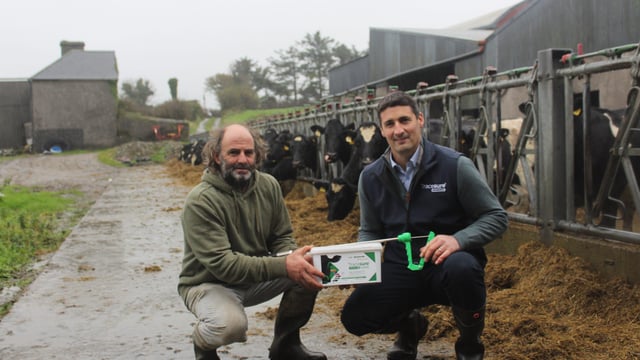Reminder: AHI Targeted Advisory Services deadline approaching
Farmers are being reminded that the closing date for all Targeted Advisory Service on Animal Health (TASAH) programmes is fast approaching.
Animal Health Ireland (AHI) has confirmed that all TASAH programmes close this year on Friday (October 31), and all TASAH-related activities must be completed and submitted by this date.
As part of the TASAH, a parasite control consult was available in 2025 for cattle, sheep, and equines.
This consult consisted of farmer nominating a trained vet, undergoing a parasite-control risk assessment and conducting faecal egg count testing for stomach and gut worms.
The programme was previously available for cattle and sheep farmers in 2022 and 2023.
According to AHI, in 2023 alone, over 25,000 farmers availed of a parasite control TASAH.
It is a free and voluntary programme supported as part of the Rural Development Plan 2014-2022, co-funded by the Irish government and the EU.
The 2025 parasite control TASAH provides farmers with a parasite control risk assessment and one faecal egg count sample for stomach and gut worms.
TASAH also provides free veterinary consults for the following areas: biosecurity (bioscore for dairy farmers); Bovine Viral Diarrhoea (BVD); Johne’s disease; mastitis control (CellCheck Cell Count Solutions Consult); bovine tuberculosis (TB); biosecurity TASAH; and animal health and welfare matters related to the pig and poultry sectors.
Advisory
Agriland spoke to Orla Keane, a research officer in infection biology at Teagasc's centre in Grange, Co. Meath to find out why parasite control is so important to animal health, and particularly to improve lamb health.
She said: "Dung samples can be tested for the number of stomach worm eggs in the laboratory. There are two main reasons to do so.
"The first is to estimate the worm burden of the lambs and if they need to be treated to ameliorate the negative consequences of worms on lamb performance."
According to Keane, the second reason is to test which wormers are effective against the worm population on the farm.
"Using a wormer known to be effective is a cornerstone of effective worm control as it reduces pasture contamination as well as having a positive effect on the treated lambs themselves.
"Worms are a threat throughout the grazing season, albeit Nematodirus and coccidia are the major parasites of concern in very young lambs while strongyle worms are a major threat later in the grazing season.
"The extent of the threat will depend on a number of factors including weather conditions, stocking density, grazing management as well as the age, immunity, and nutritional status of the lambs," the Teagasc research officer said.





